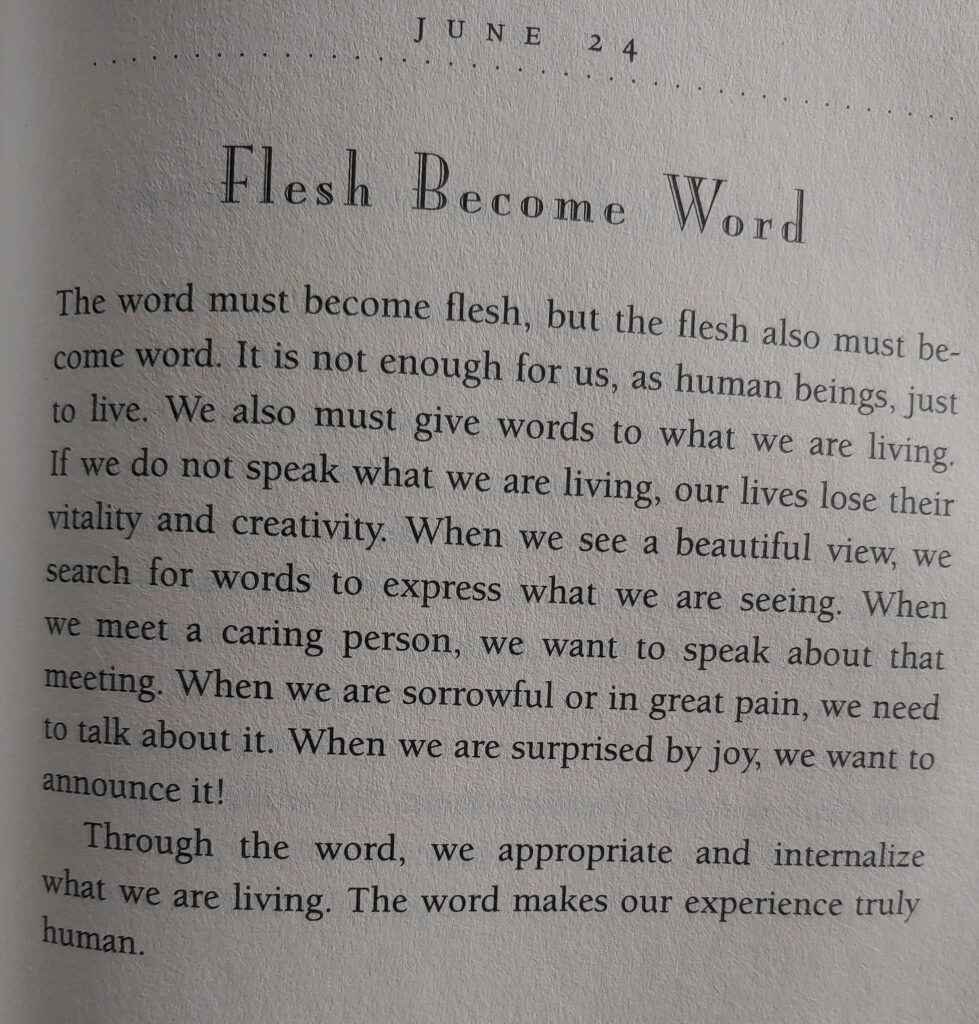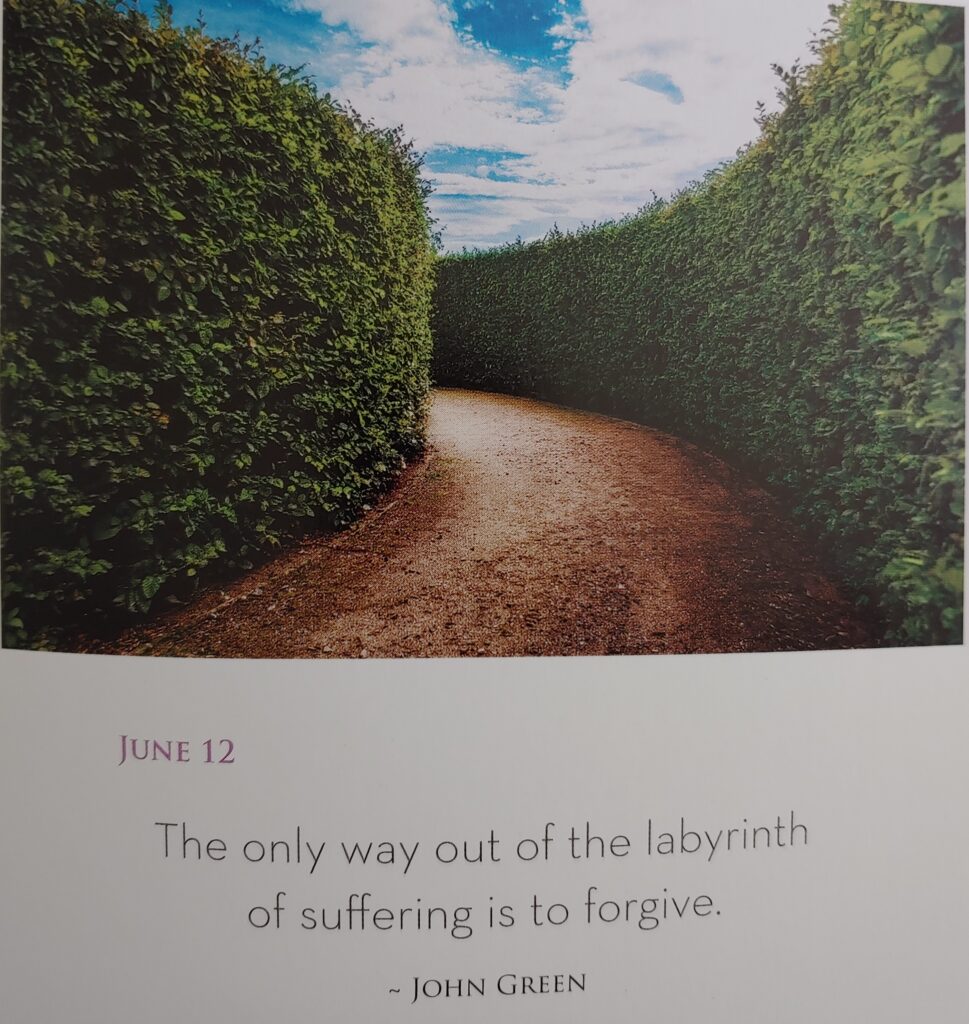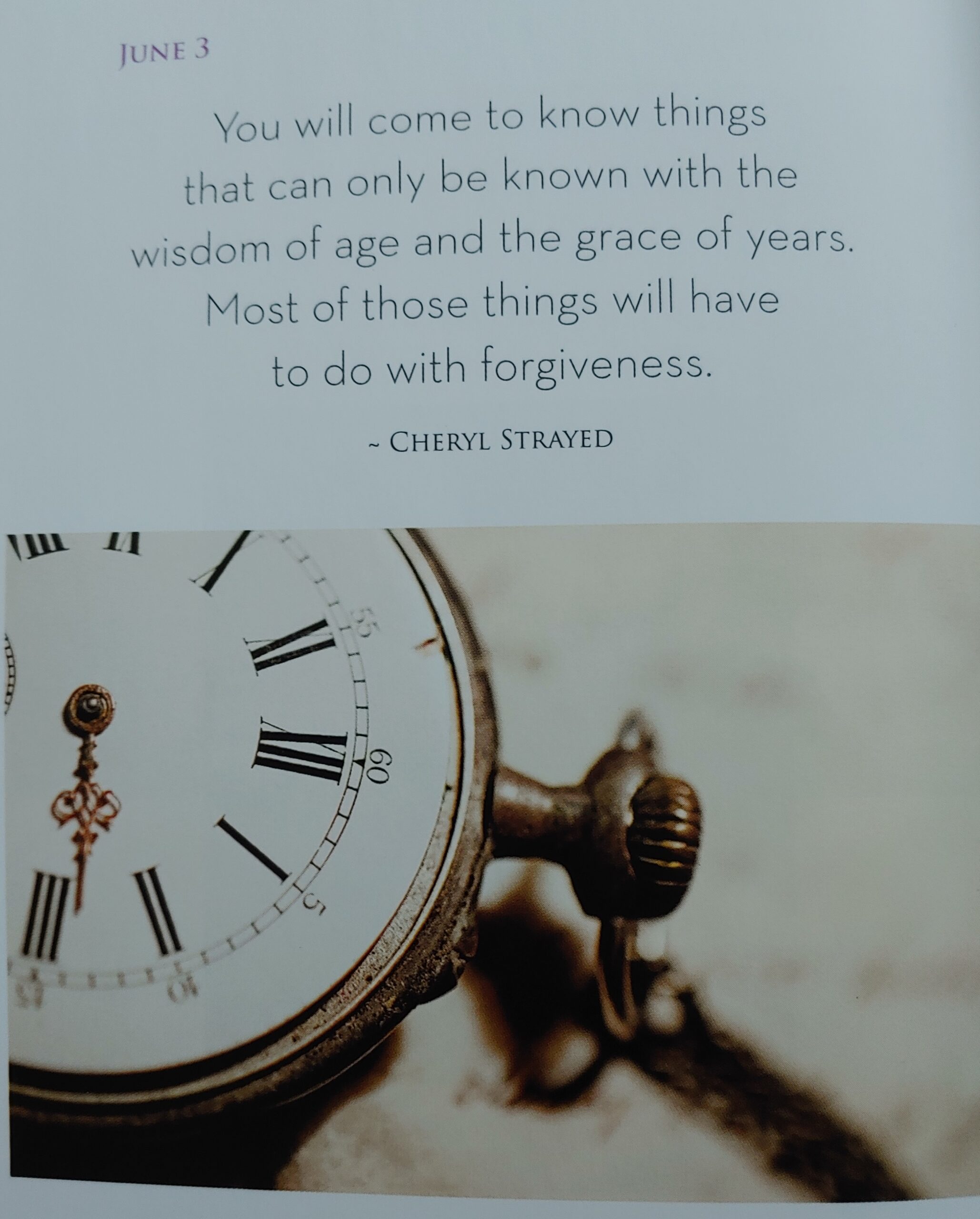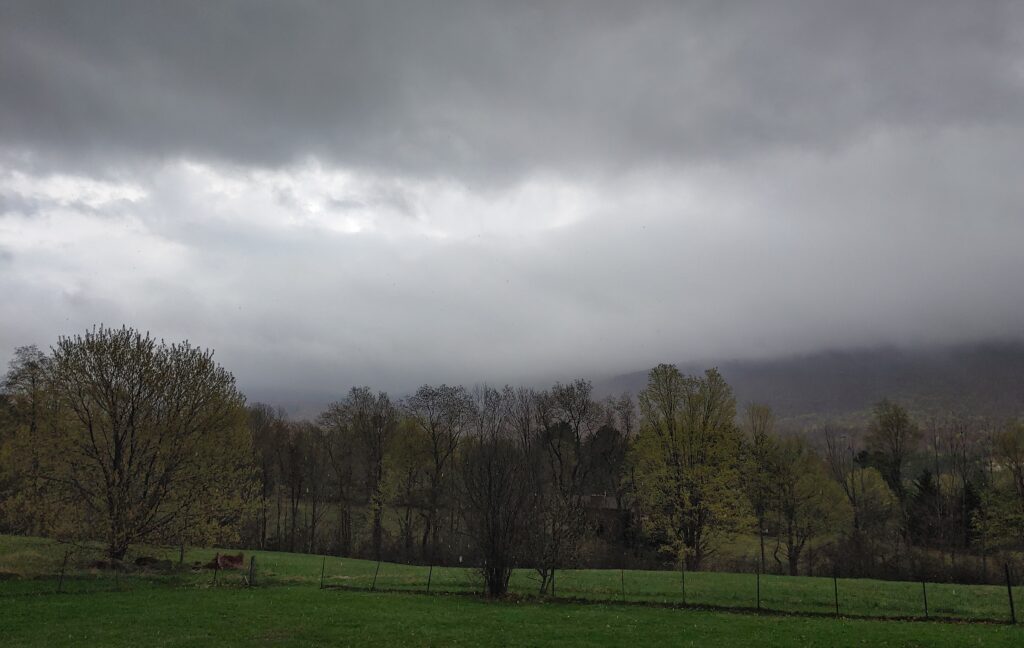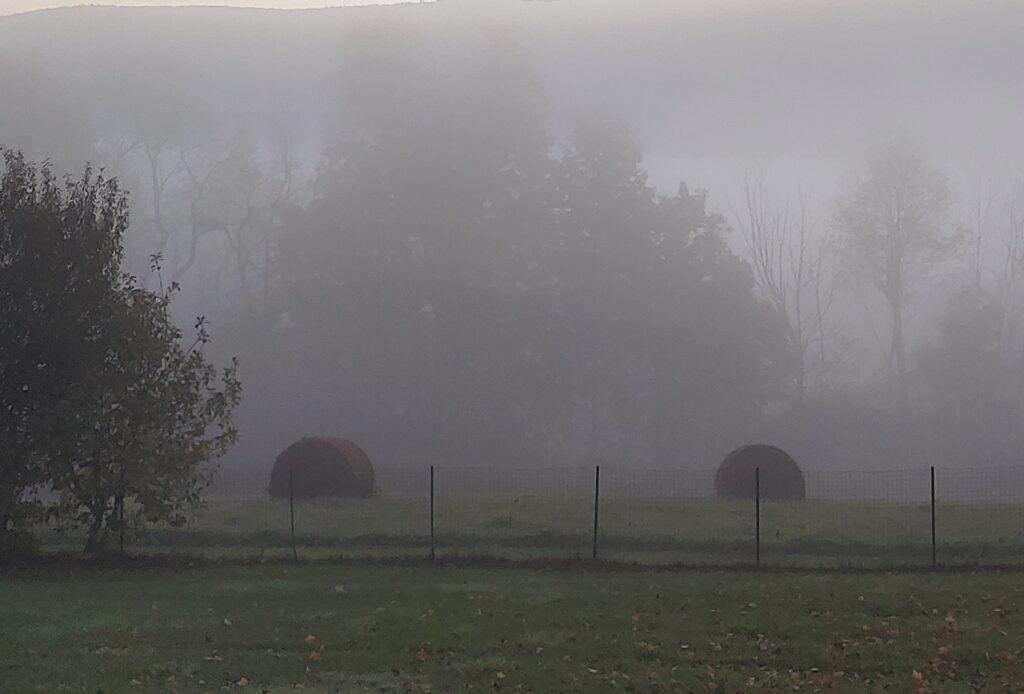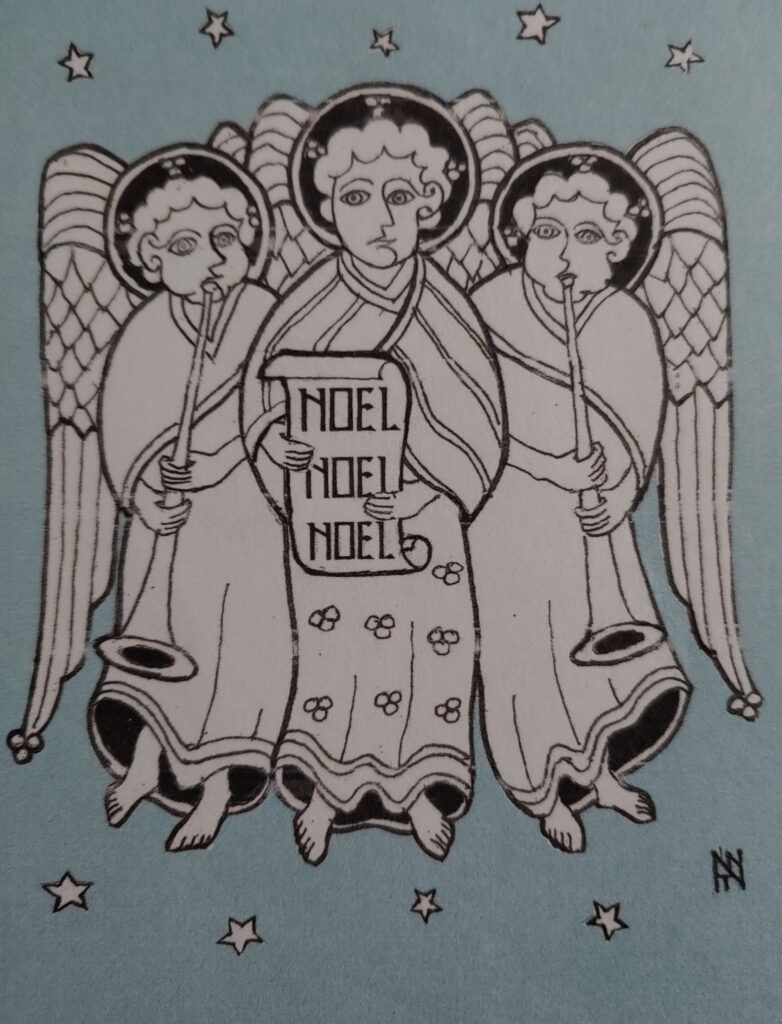Jesus left that place and went away to the district of Tyre and Sidon. Just then a Canaanite woman from that region came out and started shouting, “Have mercy on me, Lord, Son of David; my daughter is tormented by a demon.” But he did not answer her at all. And his disciples came and urged him, saying, “Send her away, for she keeps shouting after us.”
He answered, “I was sent only to the lost sheep of the house if Israel.” But she came and knelt before him, saying, “Lord, help me.” He answered, “It is not fair to take the children’s food and throw it to the dogs.”
She said, “Yes, Lord, yet even the dogs eat the crumbs that fall from their masters’ table.”
Then Jesus answered her, “Woman, great is your faith! Let it be done for you as you wish.” And her daughter was healed instantly. Matthew 15:21-28, NRSV
For Jesus, it was plain that he was sent to Abraham’s children – all those who served the God of Jacob, Leah, Abraham, and Hannah. God knows he had his hands full with that destiny, and may not have given anyone who fell outside that focus much thought. Until an outside voice cries for help, desperate enough to break through any barrier to save her daughter.
We are not worthy so much as to gather up the crumbs under thy table.
She doesn’t argue the point with Jesus, or pretend that she is one of the flock. She doesn’t even contradict him when he relegates her to dog status, worth so much less than a child. She doesn’t ask for a place at the table, she just claims her right to the smallest grace – the crumbs that are so small that they end up on the floor, out of sight and mind of those enjoying the banquet. She turns Jesus’ image on its head by claiming her place within it; she gains a demon-free life for her daughter, and Jesus, perhaps, sees the scope of his life’s work widen to include outsiders as well as insiders.
But thou art the same Lord whose property is always to have mercy.
Worthy or not, everyone has a right to claim the crumbs.
We do not presume to come to this thy table, O merciful Lord, trusting in our own righteousness, but in thy manifold and great mercies. We are not worthy so much as to gather up the crumbs under thy table. But thou are the same Lord whose property is always to have mercy. Grant us therefore, gracious Lord, so to eat the flesh of thy dear Son Jesus Christ, and to drink his blood, that we may evermore dwell in him, and he in us. Amen. Prayer of Humble Access
